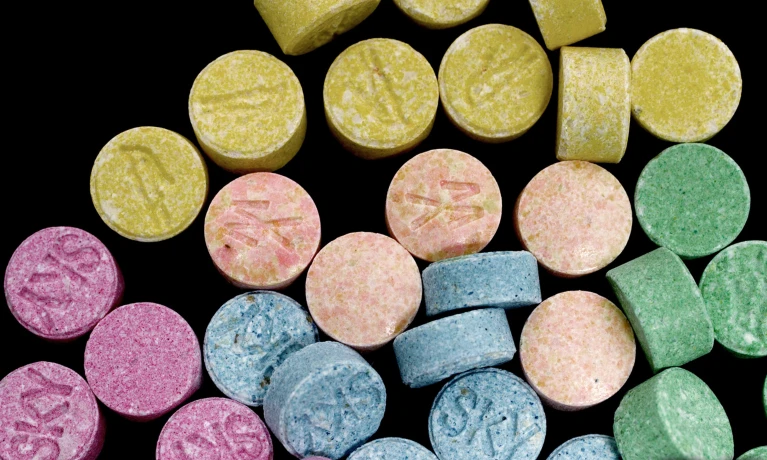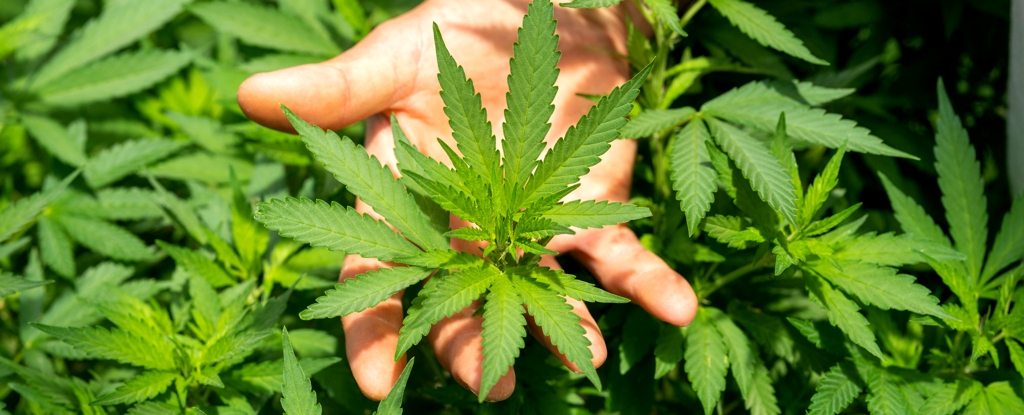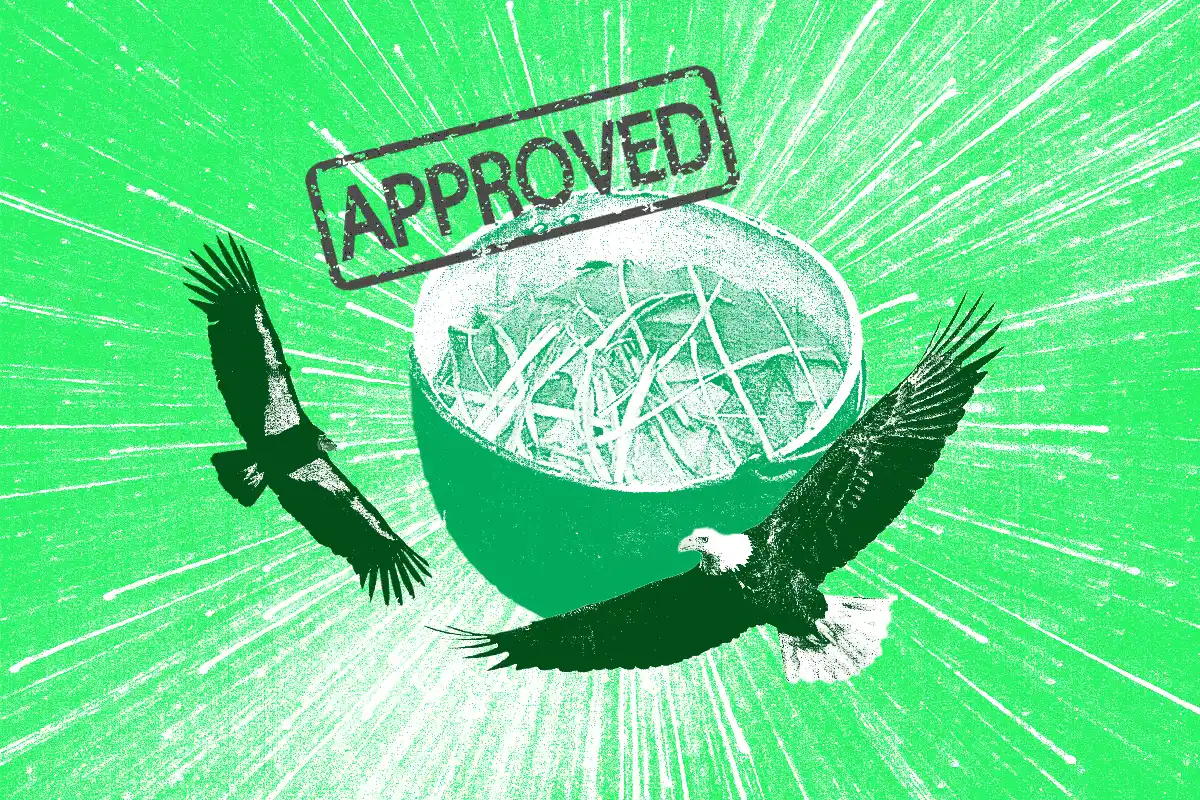Misc. news stories
A recent study on mice found that administering cannabidiol helped extinguish the preference for cocaine. It also restored gut microbiota diversity disrupted by cocaine. The research was published in Progress in Neuro-Psychopharmacology & Biological Psychiatry.

Out-of-body experiences (OBEs) can leave a significant and lasting impression on those who go through them, and can also boost feelings of empathy towards others, according to a new survey.
A recent study published in the European Journal of Neuroscience provides new insights into how 3,4-methylenedioxymethamphetamine (MDMA), commonly known as ecstasy or molly, affects the brain’s processing of emotional stimuli.
A recent study published in Biological Psychiatry: Cognitive Neuroscience and Neuroimaging has revealed that psilocybin can induce a state of hyperconnectivity in the brain. This heightened brain connectivity is linked to profound changes in perception and a sense of unity with the universe, which many users describe as mystical experiences.
Older individuals who have used psychedelics tend to exhibit better cognitive functioning and fewer depressive symptoms compared to those who have not, according to new research published in Gerontology & Geriatric Medicine. However, psychedelic usage was not linked to improvements in episodic memory.
A recent study published in iScience suggests that psilocybin does not impair learning and may enhance exploratory behavior. The study marks the first investigation into how psilocybin influences reinforcement learning, a type of learning based on rewards and cues.
Psychedelic experiences can lead to a reduction in death anxiety, potentially through altering an individual’s metaphysical beliefs, according to new research published in the journal Death Studies.

In a decision that shocked some observers, key advisers to the US Food and Drug Administration (FDA) voted that the effectiveness of the party drug MDMA for treating post-traumatic stress disorder is unproven.

In the face of a deepening mental health crisis, more police officers and public servants are turning to psychedelics for relief and healing from work-related trauma.
Recent research published in the journal Molecular Psychiatry has provided new insights into the potential therapeutic effects of psilocybin, a psychedelic compound, on cognitive flexibility and weight maintenance in a rat model of anorexia.
Scientists have discovered that individuals who are particularly good at learning patterns and sequences tend to struggle more with tasks requiring active thinking and decision-making. See the new research, published in npj Science of Learning.
Researchers at the Salk Institute discovered that not only does CBN protect brain cells from age-related damage, but its chemically modified versions could be even more effective. These findings, detailed in the journal Redox Biology, suggest a new frontier in the treatment of traumatic brain injuries and other neurodegenerative diseases.
A recent pilot study published in the Journal of Psychedelic Studies has found preliminary evidence that psilocybin, when administered in a group retreat setting, can enhance psychological flexibility. The findings suggest that changes in psychological flexibility may play a crucial role in the therapeutic benefits of psilocybin experiences.

The U.S. Drug Enforcement Agency announced in late April 2024 that it plans to ease federal restrictions on cannabis, reclassifying it from a Schedule I drug to the less restricted Schedule III, which includes drugs such as Tylenol with codeine, testosterone and other anabolic steroids.

A study published in the journal BioMed Central has shown how the psychedelic N, N-Dimethyltryptamine (DMT) could be used as a medicine to prevent the onset of the neurodegenerative condition Alzheimer’s disease (AD).
Image from: US National Institute on Aging (Wiki Commons)

The Church of Eagle and Condor becomes the third organization in the United States to obtain religious exemption from the Controlled Substances Act to legally use ayahuasca.








